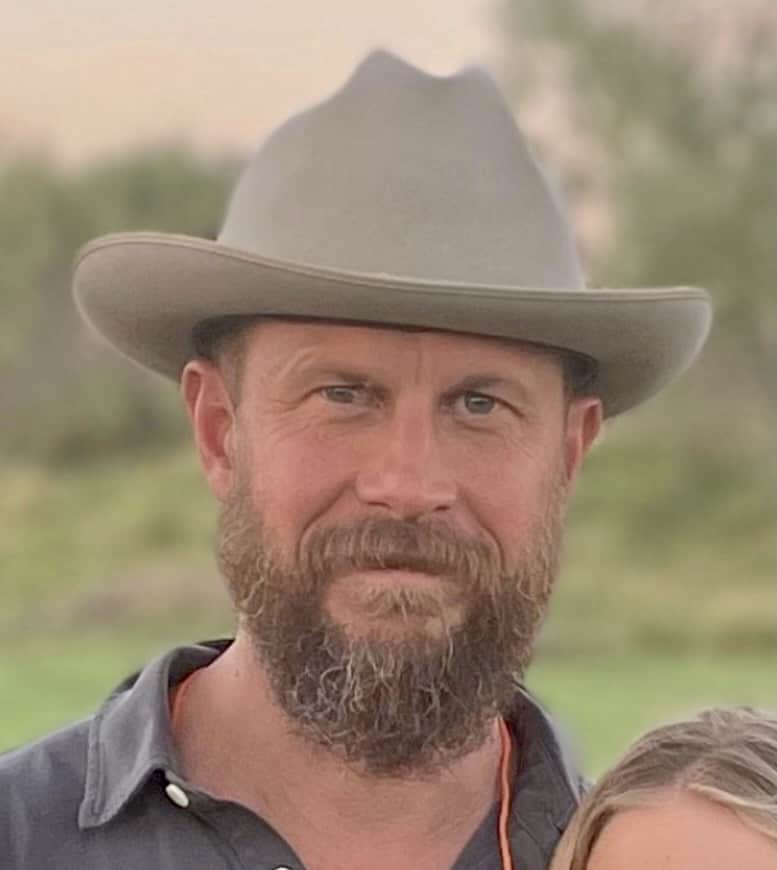
By Bret Biggart
As another winter storm barreled down on Central Texas last month, Elizabeth Andrews was calm.
Just two years earlier, Winter Storm Uri knocked out the Austin business owner’s power for nine days. As their darkened house sat in freezing temperatures, her family, including her 9-year-old daughter, could only wait for the electricity to be restored.
It was a powerless, “out of control” feeling, she said — and a common one in their tree-filled neighborhood. It wasn’t something she wanted to experience ever again.
So Elizabeth outfitted her house with our rooftop solar panels, as well as two battery units to store excess electricity. The battery was filled up when an ice storm hit Central Texas on the early morning of Jan. 31.
The ice sent tree limbs crashing into power lines, blacking out much of Austin. Once again, most of Elizabeth’s neighborhood fell into a freezing darkness that would last for nearly a week.
But Elizabeth’s family never lost power. They stayed warm, worked from home, charged devices, and even welcomed neighbors to warm up and power up — including her 96-year-old father, who lives up the street.
“At the end of the day, it’s about being able to consistently provide electricity for my family,” she said. “It’s having at least a little more control over the experience. We felt a lot less at the mercy of the city or the trees or the ice.”
When we talk at Freedom Solar about helping people to “live more powerfully,” we’re thinking of people like Elizabeth. Stories of customers like her inspire us.
Yes, on a daily basis, our solar installations help our community save money on power bills and use less polluting electricity.
But they also empower our customers when disaster hits. Solar helps keep people free and safe. It’s shelter from the storm.
That’s a powerful lesson for homeowners and business owners, no doubt. But it’s also important for Texas policymakers, who are in session right now considering options for addressing the state’s dysfunctional power grid.
Elected officials talk about reliability — solar helps Texans like Elizabeth keep the lights on, even as her community goes dark. They talk about resilience — communities built around solar panels can stand up to a hurricane and keep the lights on through it.
Is solar the answer to everything? Of course not. But as I wrote in the American-Statesman last year, solar has a role to play — and, as we saw last month, an increasingly important one. It has to be part of the solution, both across the state and at the Capitol.
There’s no question that Texas weather is getting more extreme. That means Texans are getting more vulnerable.
Solar can help. Texas needs to take advantage of it.